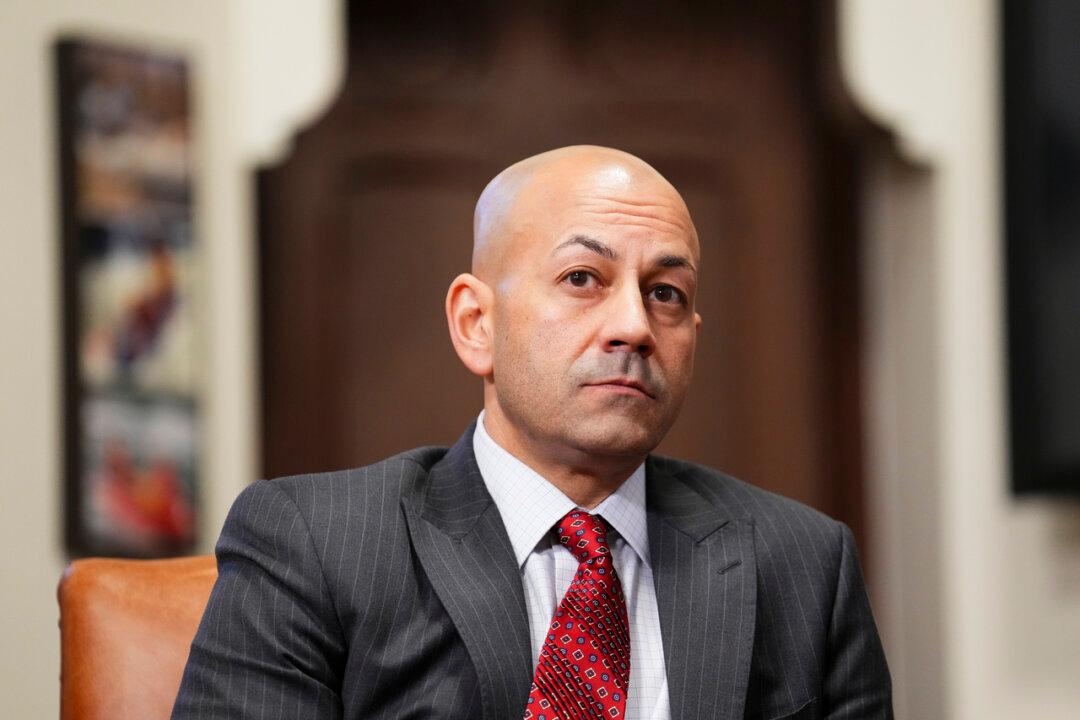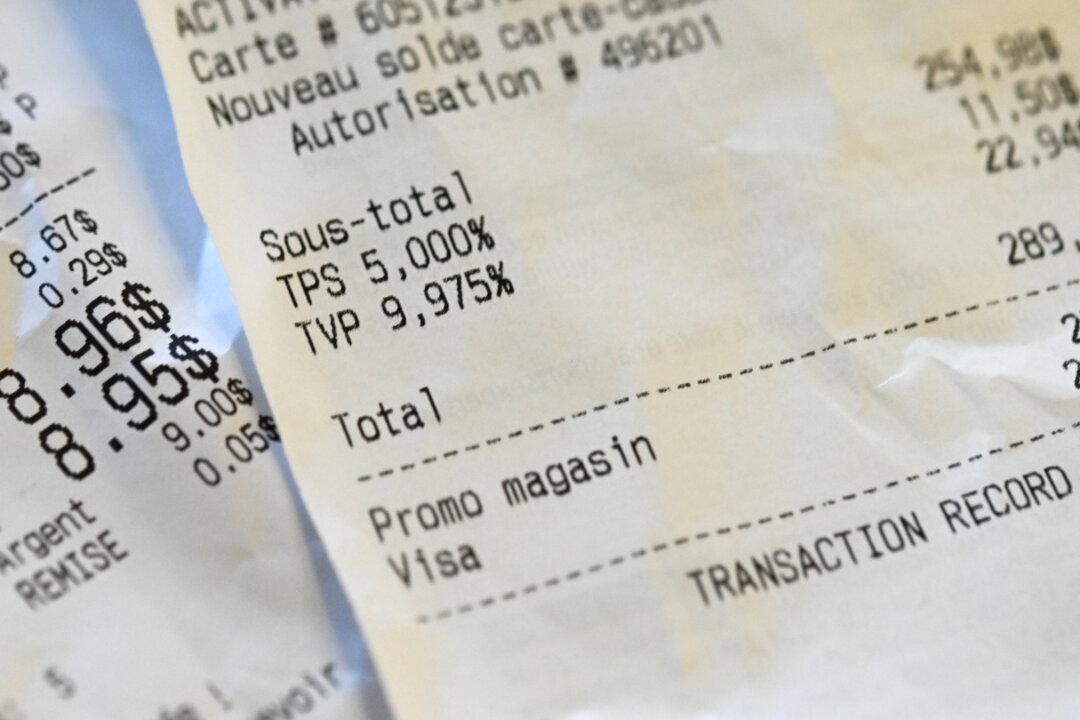Canada’s international trade minister says the country stands by its position on imposing trade quotas on dairy products after the United States filed a second formal complaint against the policy under the new North American trade agreement.
The dispute is centred on Canada’s tariff-rate quotas (TRQs)—the quantities of certain goods that can be imported under preferential duties. The United States has accused Canada of assigning too much of its quotas to processors and thus denying American producers the level of access to which they’re entitled under the Canada-United States-Mexico Agreement (CUSMA).
“Canada will actively participate in CUSMA’s consultation process and stand by our position to administer our TRQs in a manner that supports our dairy supply management system.”
The U.S.’s new challenge came as part of its years-long dispute against Canada’s trade restriction measures intended to protect its dairy farmers from American imports—policies which the U.S. trade representative said are contrary to the commitments under CUSMA.
In her statement, Tai said Canada’s dairy TRQs policies “deny allocation access to eligible applicants, including retailers, food service operators, and other types of importers.” She also challenged Canada’s failure to fully allocate its annual dairy TRQs, saying it is “parceling out a few months’ quota at a time.”
Tai said she is “deeply troubled” by Canada’s decision to expand the TRQ restrictions, which she said are undermining the market access Canada has agreed to provide under the CUSMA through these measures.
“We communicated clearly to Canada that its new policies are not consistent with the USMCA and prevent U.S. workers, producers, farmers, and exporters from getting the full benefit of the market access that Canada committed to under the USMCA,” she said.
U.S. Secretary of Agriculture Tom Vilsack described Canada’s dairy tariffs as “a top concern” for U.S. President Joe Biden’s administration.
This issue remains in Canada’s new TRQs rule, the U.S. trade representative office said.
“Canada’s revised policies provide that only processors, further processors, and distributors will be able to apply for and be granted an allocation. This means that Canada continues to exclude other eligible applicants, such as retailers and food service operators,” reads its May 25 statements.
The statement also said Canada’s dairy TRQs require applicants to be active during all 12 months of a 12-month reference period, which will potentially exclude some applicants who are otherwise eligible, particularly new entrants.





